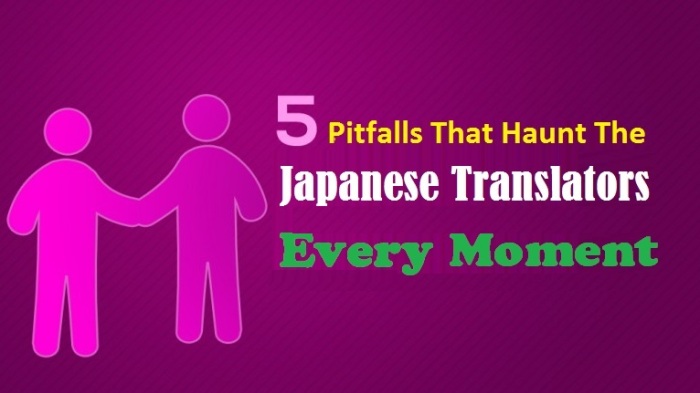World’s third most visited country is China. Thus, no doubt that it is the hottest tourist market today. Huge amount of China’s revenue hails from tourism sector. These days, the marketers all over the world have become smarter. Thus, they tend to translate their marketing collaterals, brochures, travel guides, food menus etc into Chinese language. However, sometimes, the translators ignore few parameters, while translating the tourism content. If the translator is a newbie, then obviously he needs some assistance in translation.
So, here are some tips that may surely guide you as a translator:
1. Tone
The tone of the translation for tourism content must be given special attention. You cannot be rude in the tone to address the Chinese tourists. The mark of a professional Chinese translation company is that it makes sure that courtesy words are utilized in translation. Use words, like please. Only the legal text must be translated in a strong tone. The tourists will understand the reason behind it.
2. Locale
Make sure that you conform to the specific locale. As a translator, you must have thorough knowledge of the linguistic style of the target segment. Further, you must keep tandem with the two versions, i.e. simplified and traditional Chinese. Depending on the target customers, you must translate the text accordingly.
3. Avoid Negative Words
While translating into Chinese, make sure that you do not use words that have a negative meaning in the target segment. Some words, phrases or symbols might have a negative meaning in Chinese language. So, it is better not to use them.
[ Must Read: 5 Fictional Languages Spoken By Popular Movie Characters ]
4. Additional Information
Since there are a number of cultural differences between any two countries, so, mere translation of the text into Chinese will not perfectly help the Chinese tourists. For this, you can add some additional information that may help them to understand the market better.
5. Research on Brand Names
Make sure that you have had enough research on the Chinese brand names. Although some brand names do not get translated, but some of the brands have their localized names, so, a proper research must be undertaken.
Conclusion
Well-structured sentences, use of idioms etc can enhance the quality of your translated text. Since, this language is loaded with different meanings, thus, you should delve deep into the language for finding out the exact meaning. Lastly, don’t forget to remain up to date with the current connotations of the said language.
[ Also Read: How to Manually Translate English without Anyone’s Help ]



